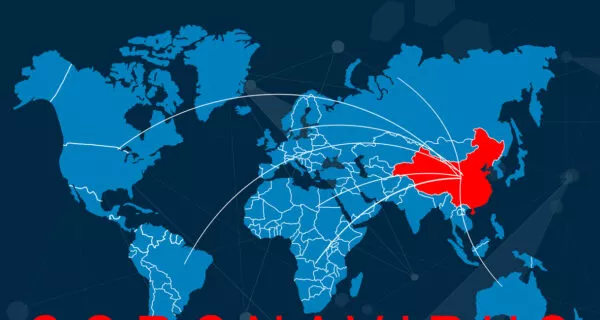In an effort to mitigate the spread of the coronavirus, the Trump administration has issued a presidential proclamation imposing travel restrictions upon individuals who have recently visited mainland China. Effective February 2, 2020, any non-U.S. citizen who was physically present in mainland China (all areas governed by the People’s Republic of China, excluding Hong Kong and Macau) within 14 days prior to seeking entry to the U.S. will be barred from entry to the U.S., unless exempt as described below. This entry bar will last until terminated by President Trump.
The classes of non-U.S. citizens who are exempt from the bar include:
- U.S. lawful permanent residents (green card holders);
- Spouses of U.S. citizens and lawful permanent residents;
- Parents of unmarried U.S. citizens or lawful permanent residents aged under 21 years;
- Siblings of unmarried U.S. citizens or lawful permanent residents aged under 21 years;
- Any foreign national who is the child, foster child, or ward of a U.S. citizen or lawful permanent resident, or who is a prospective adoptee seeking to enter the United States pursuant to the IR-4 or IH-4 visa classifications;
- Any foreign national at the invitation of the United States Government for a purpose related to containment or mitigation of the virus;
- Certain foreign nationals traveling as crew members of air or sea vessels;
- Certain foreign nationals traveling as foreign government or NATO officials, as well as their family members;
- Any foreign national whose entry would not pose a significant risk of introducing, transmitting, or spreading the virus, as determined by the CDC Director, or his designee;
- Any foreign national whose entry would further important United States law enforcement objectives, as determined by the Secretary of State, the Secretary of Homeland Security, or their respective designees based on a recommendation of the Attorney General or his designee; or
- Any foreign national whose entry would be in the national interest, as determined by the Secretary of State, the Secretary of Homeland Security, or their designees.
Further, the U.S. Department of Health and Human Services has imposed a mandatory quarantine of up to 14 days on all U.S. citizens and exempt foreign nationals (as described above) who have been physically present in China’s Hubei province (where the coronavirus is believed to have first infected human beings) within 14 days prior to their entry into the U.S. Those U.S. citizens and exempt foreign nationals who have been physically present in other parts of mainland China within 14 days prior to their entry into the U.S. will undergo advance health screening at one of 7 designated ports of entry, as well as monitored self-quarantine of up to 14 days.
Finally, all U.S. consulates located within mainland China have cancelled all scheduled visa appointments. Visa applicants who have already attended an interview and are awaiting the return of their passports should refer to the consular websites for further information.
The Outside GC immigration team encourages clients to carefully consider the implications of the proclamation on any planned travel or business activities within mainland China. We are carefully monitoring developments relating to the proclamation and will provide updates as they become available.
If you have any questions, please contact attorneys Lori Geisinger at [email protected] or Edward Farwell at [email protected].
